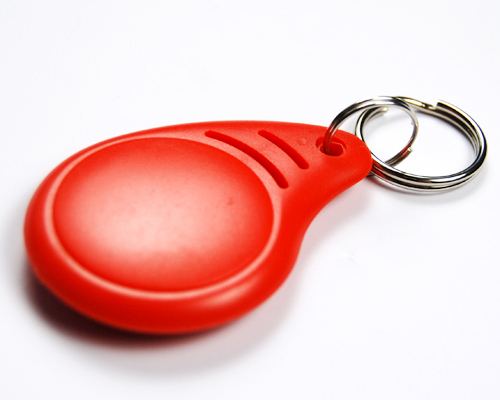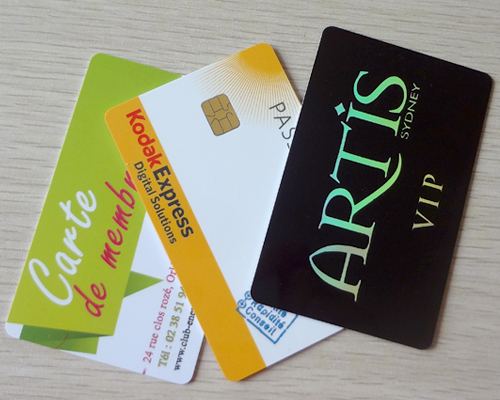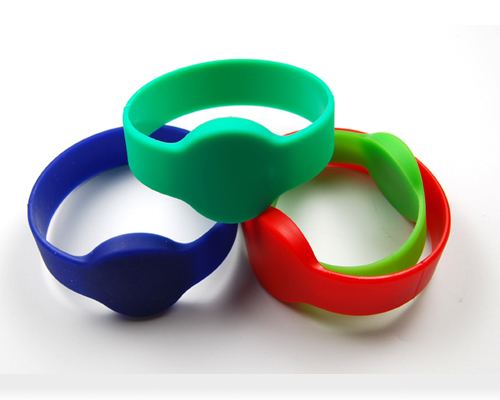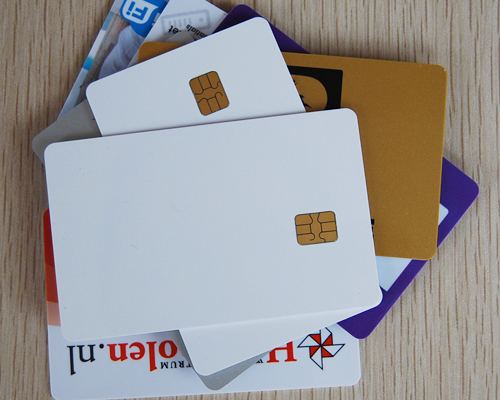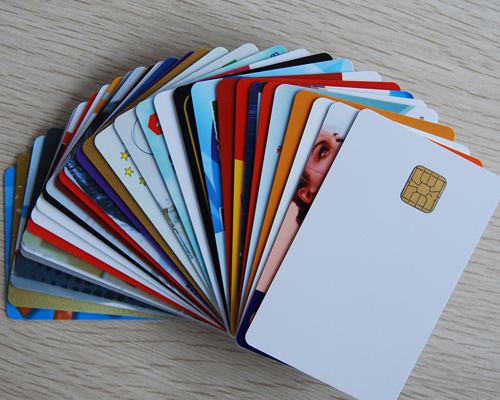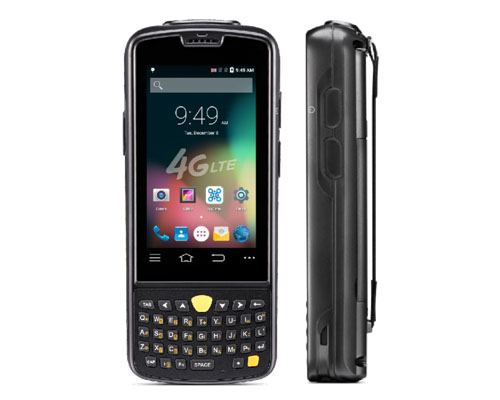A smart card, chip card, or integrated circuit card (ICC) is any pocket-sized card with embedded integrated circuits.
Smart cards can provide identification, authentication, data storage and application processing. Smart cards may provide strong security authentication for single sign-on (SSO) within large organizations.
Contactless smart cards that do not require physical contact between card and reader are becoming increasingly popular for payment and ticketing applications such as mass transit and motorway tolls. Visa and MasterCard have agreed to an easy-to-implement version that was deployed in 2004–2006 in the USA. Most contactless fare collection implementations are custom and incompatible, though the MIFARE Standard card from NXP Semiconductors has a considerable market share in the US and Europe.
Smart cards are also being introduced in personal identification and entitlement schemes at regional, national, and international levels. Citizen cards, drivers’ licenses, and patient card schemes are appearing. In Malaysia, the compulsory national ID scheme MyKad includes eight different applications and has 18 million users. Contactless smart cards are part of ICAO biometric passports to enhance security for international travel.
Smart Card Attributes and Limitations
#.Growth area of AIDC technologies
#.Growing and fairly substantial support base for applications
#.Read/write and processing technology
#.Contact or close proximity (contactless cards) read capability
#.Medium to reasonably high data storage capabilities
#.Relatively low cost cards and read technology
#.Enhanced security capabilities over other card-based technologies, offering selective access to data and areas of read-only data.
#.Encryption is used to further enhance security.

